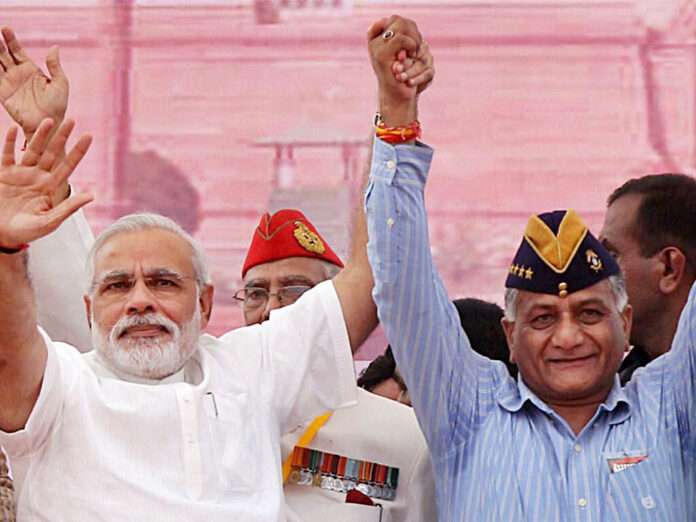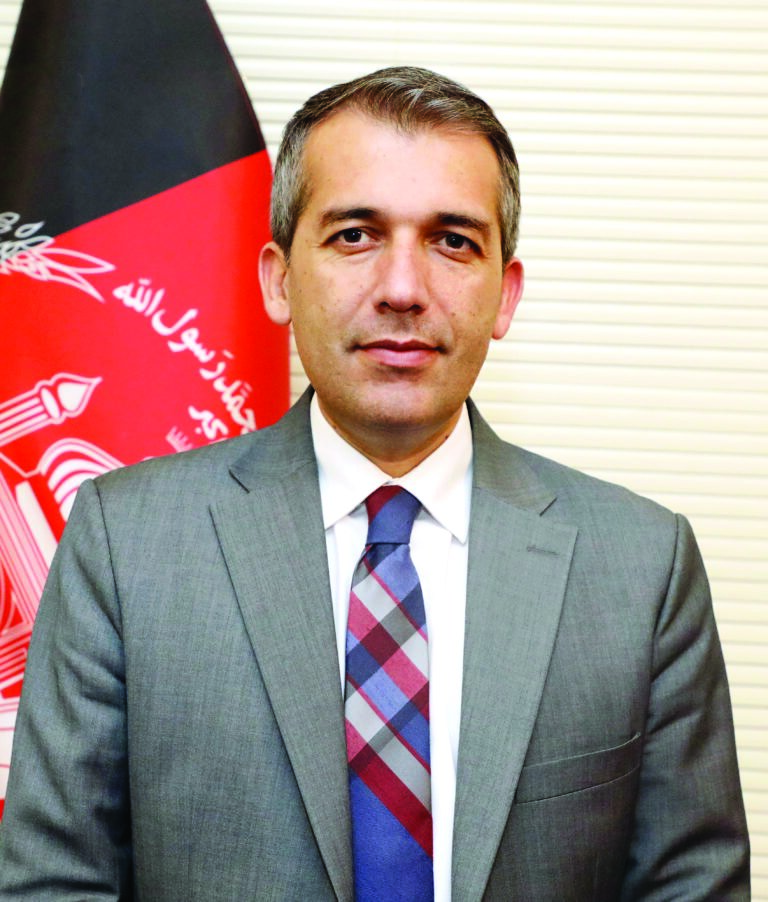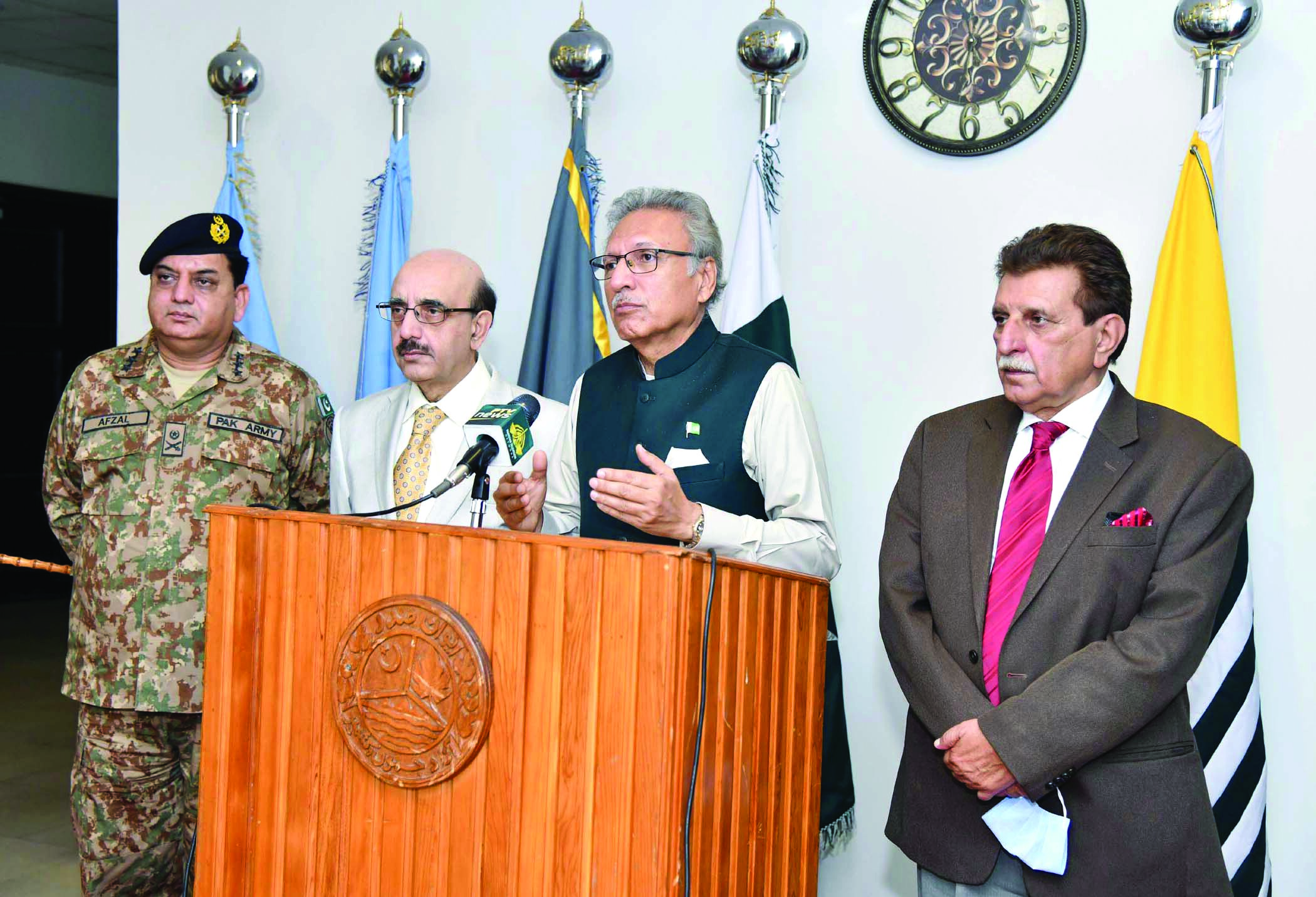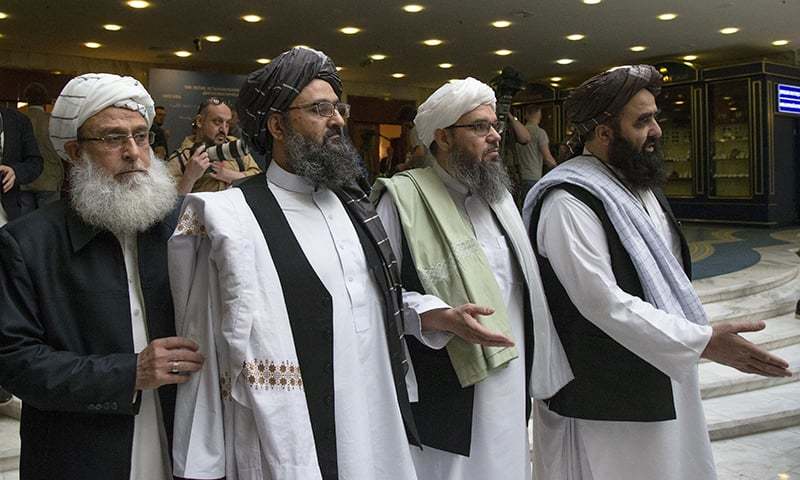2014 ended and 2015 began with a sour note in the context of Pakistan-India relations. Two Pakistani paramilitary soldiers were killed on December 31, 2014 due to indiscriminate firing by Indian border guards. On January 02, Adviser to the Prime Minister on National Security and Foreign Affairs Mr. Sartaj Aziz addressed a letter to the Minister of External Affairs, India, to lodge protest on the killing of two soldiers of the Punjab Rangers in Zafarwal Sector. The Adviser’s letter was handed over to the Indian High Commissioner by the Foreign Secretary.
Indian Border Security Force troops had invited the personnel of the Punjab Rangers for a flag meeting, and greeted them with a volley of unprovoked fire, causing severe injuries to two soldiers. The unabated Indian firing denied timely medical attention to the wounded soldiers, who succumbed to their injuries and embraced martyrdom. Keeping in view the seriousness of the incident, the Foreign Secretary has also briefed the Heads of the Missions of P-5 countries and the EU in Islamabad and emphasized the importance of maintaining ceasefire on the LoC and WB.
Prime Minister Narendra Modi had extensively campaigned for his party in Kashmir; he addressed at least four rallies exclusively for this purpose. However, his party didn’t get the desired results. Modi’s mission 44+ failed miserably. Though the BJP has made significant electoral gains in IHK, it fell short of a majority. Mehbooba Mufti, whose PDP party has bagged 28 seats in the 87-member Assembly, said the mandate was a “challenge and opportunity” for national leadership, be it NDA or Congress. “For NDA government, it is a big responsibility, for Modi, it is a big responsibility. Jammu and Kashmir has been the biggest challenge for any PM right from Nehru till date,” Mehbooba said.
Referring to Modi’s “dream” of development and addressing the problem of unemployment, the PDP leader said there cannot be “development till there is peace on the ground”. She has dropped hints that her party is not averse to joining hands with BJP. “PDP’s priority is not to cobble up a majority for the sake of government formation.”Whatever formation is firmed up, it should respect the mandate of the people and have the principle of “reconciliation”, she said, adding “till that is not taken along, forming any government will be useless”. She added, “It is not possible till Vajpayeeji’s political process is taken forward.” She went on to say that said that for peace in Jammu and Kashmir, Vajpayee had “started a political process. Vajpayeeji had started dialogue with Hurriyat; he had started dialogue with Pakistan”.
As regards credibility of elections in IKH, the Indian minister of state for foreign affairs and former Indian Army Chief General VK Singh had long ago disclosed the dynamics of politics in IHK. He stated that Indian army has been regularly doling pay-outs to IHK ministers for “stabilizing.” He claimed that the army has paid all ministers in IHK since independence, and that everyone in the system, including the defence ministry, has been in the know. The Army has been giving money to ministers to “ensure that the people are kept together”. “The army transfers money to all the ministers… there are various things to be done. As part of the stabilizing factor in held Kashmir, as part of the activities to be organized,” VK Singh told a TV channel. Responding to VK Singh’s confession, the veteran Hurriyet leader, Syed Ali Gilani had commented: “We are not surprised, and we know that for the legitimization of forced control of Kashmir, they are regularly being paid for their covert services.” He had further said, “VK Singh’s statement supports our claim that election drama in the past was manipulated and stage-managed through the secret fund supplied by agencies.”
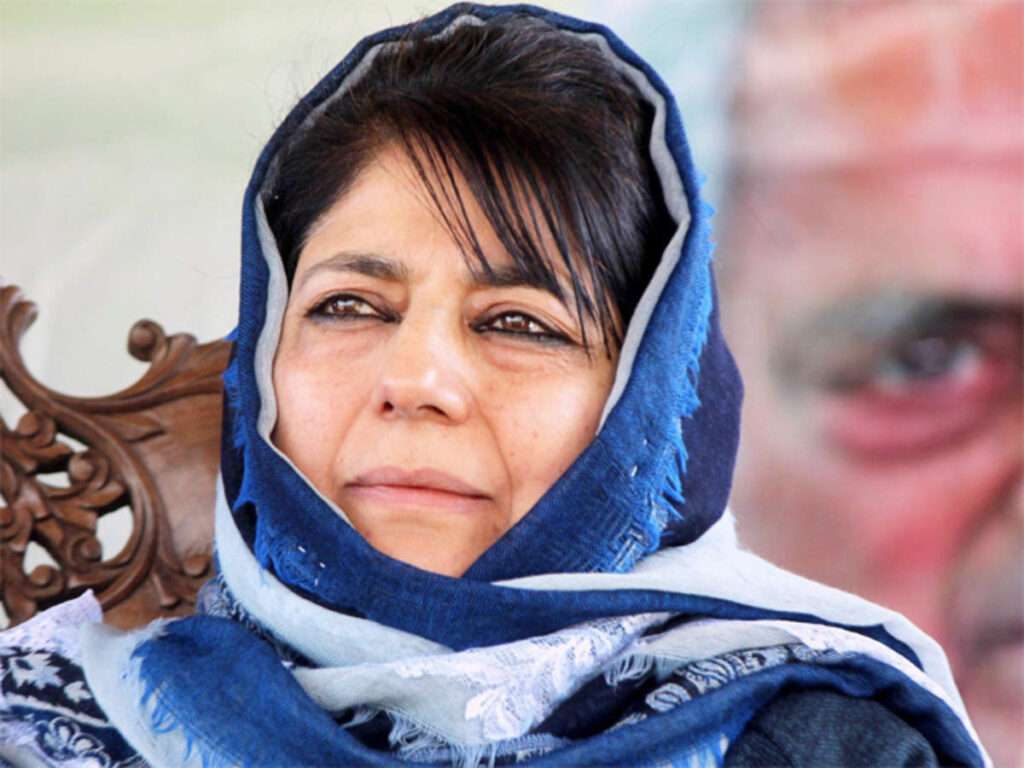
Mehbooba underlined that PDP had got “majority” in Kashmir valley while BJP had got “majority” in Jammu region and the mandate of the people needs to be respected. While replying to questions, she cited media reports to say that PDP has the support of over 55 MLAs. The PDP will find it easier to form a coalition government with the Congress because allying with BJP will alienate its constituency in the Kashmir valley. BJP’s history also indicates that it is unlikely to be part of a ruling coalition with the PDP. Both the BJP and the PDP benefited from widespread public discontent over the ruling National Conference party’s handling of devastating September floods that killed over 200 people in Kashmir. BJP drew blank both in Kashmir and Ladakh regions and party’s victory in Jammu region was purely on Modi wave factor and polarization on religious lines.
BJP is celebrating the thumping victory as the party has clean swept the elections in Hindu majority areas of Jammu region and won most of the seats in Hindu dominated areas. BJP president Amit Shah hailed the results as a “year of unprecedented poll success for the BJP”. He said the party was keeping its options open in Kashmir. “The BJP has emerged as a relevant political force in the state. We have kept all our options open as of now,” he told reporters in New Delhi. “We can form the government, support a government or take support.”
BJP was initially more aggressive in government formation, but is now on the back foot. The BJP has tried to wrest power for the first time in IHK. The party led an ambitious campaign aiming for a majority in India’s only Muslim-majority state. The results show that the BJP’s appeal has not gone beyond Hindu-dominated areas,” said Noor Mohammed Baba, a political science professor at Kashmir University. The state’s incumbent chief minister, Omar Abdullah said the voting shouldn’t be linked to the dispute over the region.”This is not an election about India and Pakistan. It is not an election about the issue of Kashmir,” Abdullah told reporters that residents had simply voted for whichever party they believed could solve their day-to-day problems—how naïve of Omar.
About 65 percent of nearly 5 million eligible voters cast ballots in the elections. Kashmir state elections have been subject to boycotts in the past, but this year saw the highest turnout in over two decades. Kashmiris voted in numbers to stop the BJP from coming to power; and they have succeeded. Kashmir’s upper-caste Hindus, most of whom now live in New Delhi and Jammu are still allowed to vote in Kashmir’s elections. And many Muslims in IHK feared that if they continued to refuse to vote, the Hindus, known as Pandits, would provide a comfortable margin of victory in several districts to the resurgent BJP, which has long had a difficult relationship with Muslims. People might have thought that if they did not vote, the BJP would benefit. As a result, PDP dominated in the overwhelmingly Muslim Kashmir Valley, where the Hindu nationalists failed to win a single seat.
For narrow electoral gains, Modi has polarized IHK on communal lines; and by resorting to jingoistic firing along the LoC and the working boundary, Modi has brought the Kashmir dispute under international limelight by invoking statements from the UN Secretary General as well as from other important capitals. Modi is certainly following a penny wise pound foolish strategy with regard to IHK. In the long run he may leave behind a legacy of a communal demagogue.


